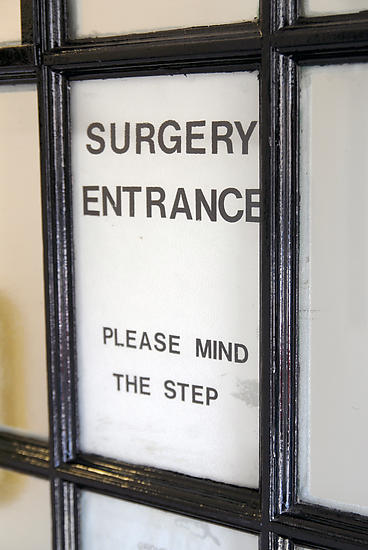Resuscitating the NHS

Our five step policy recommendations are not radical, but they are incremental innovations. We are confident that they will achieve cost savings, improve efficiency and productivity to streamline workflow and foster collaboration to harness renewable energy of patients, carers, volunteers and social care services and million + frontline NHS staff. Our objective is to decrease lengths of in-patient stay; reduce emergency re-admission rates and reduce number of repeat diagnostic tests and follow-up and broadly help NHS England to implement its ‘Mandate’. Our proposals are:
1. Think digital
The world will be a different place in five years time at the pace of technological innovation. The objective is to make more productive healthcare professionals and better acquisition of data for operational and decision-making. It will make better and safer hospital experience for patients with enhanced satisfaction. Accuracy and availability of patient data held in disparate legacy systems will hinder NHS England’s objective to increase the use of technology to manage health and care. As the world is about to enter the ‘second machine age’, some few practical low-cost innovative solutions are:
- Buy or develop in-house app (or apps) for hand-held devices (mobiles, tablets) so that doctors can access real-time dashboards of patient data and clinical results in a secure system in one platform. This app(s) should allow seamless integration next generation healthcare applications and would be readily be able to compare best practices within the NHS and around the world. It should utilise artificial intelligence techniques and must be future proof and aim to help workflow and collaboration.
- Use artificial intelligence technology to cleanse the data every time a patient contact is made. It should also be used as an initiative to ‘validate’ patient static data held in a number of legacy systems.
- Allow wider email/SMS access to patients to contact NHS and care system professionals, which is commonplace in Denmark. Email access to patients is not obligatory in the UK, despite being endorsed by the UK Department of Health and the Royal College of General Practitioners. We support the NHS Mandate that ‘everyone will be able to have secure electronic communication with their GP practice with the option of e-consultations becoming much more widely available by 2015’.
2. Think small-scale commercial Innovation in front line services
The establishments of clinical commissioning groups (CCGs) and health and wellbeing boards and academic health science networks are all good initiatives to promote ‘freedom to innovate’ at local level. However, we feel that real innovation will come when NHS interact with practical risk takes in the local community –small to medium sized companies who may or may not have a health care background. We propose:
- To create innovation hubs comprising of front line NHS and wider Care system professionals, in partnership with local SMEs. These enterprises, which account for nearly 99% of all businesses, have to innovate to simply survive. Yet NHS has effectively used their innovation and risk-taking skills to reshape the health care sector and thereby reducing the burden on the state.
- To allow access to commercialise any new innovation where the rewards are shared with investors. The idea is to harness and reap rewards from entrepreneurship spirit in the NHS and the wider health care services.
3. Think quality of product design and services during innovation
Use specialist skills of design experts during prototyping and testing stages in order to create simple, practical, future-proof, sustainable and easy-to-use low-cost products. For example, develop a simple tool providing a warning of ward hygiene and cleanliness for people entering a hospital.
4. Think of a reward scheme to encourage entrepreneurship
We support the NHS Innovation and Challenge Prizes to encourage, recognise and reward front-line innovation and drive spread and adoption these innovations across the NHS. Over the last fours years, these prizes have helped to identify and spread innovations, promote a culture of invention and drive adoption of the best ideas. Despite this success, we feel that the NHS England could expand the prize scheme and link it to remuneration. We propose:
- Implementation of a reward system to pay for those who successfully bring ideas and products so that risk-taking can be encouraged.
5. Think always to reduce error rates in order to foster innovations
There is already a database of patient safety incident reports submitted by organisations across the NHS, National Reporting and Learning System (NRLS), specifically for the purpose of learning. This triggers action to help address the identified issues/risks through the provision of advice and guidance such as patient safety alerts. However, there is not a single incident reporting and learning platform promoting innovation that meets the current NHS delivery model. We propose:
- Creating a national register of Human Factors failures and learn from failures to identify areas of innovation.
The Government’s policy on the NHS should encourage ‘open innovation’ to discover and develop 21st Century healthcare innovations with collaboration from small businesses and individual entrepreneurs. Failure to do will result in a missed opportunity for the country as a whole.
Reproduced and adapted with kind permission of the Bow Group
http://www.bowgroup.org/policy/resuscitating-nhs
